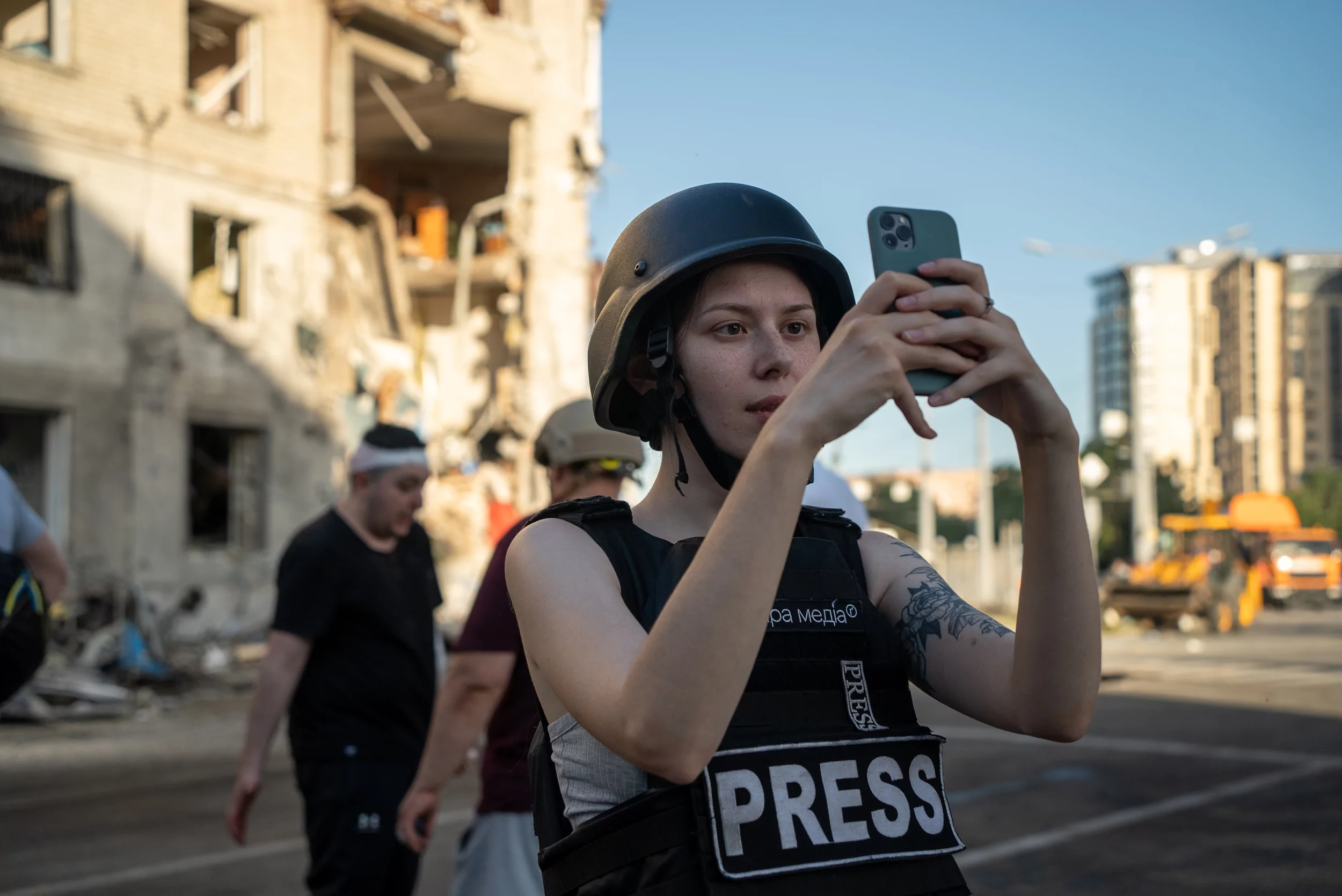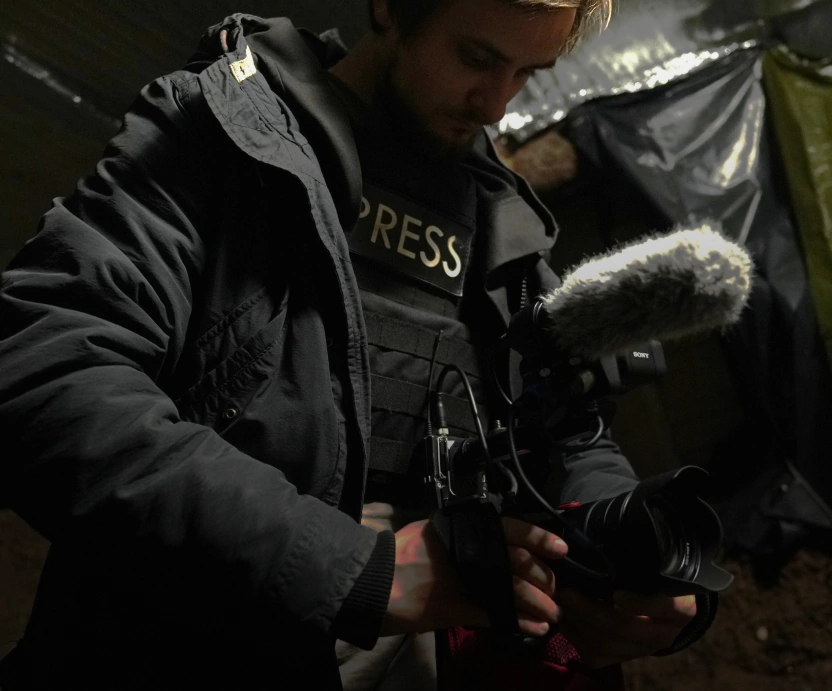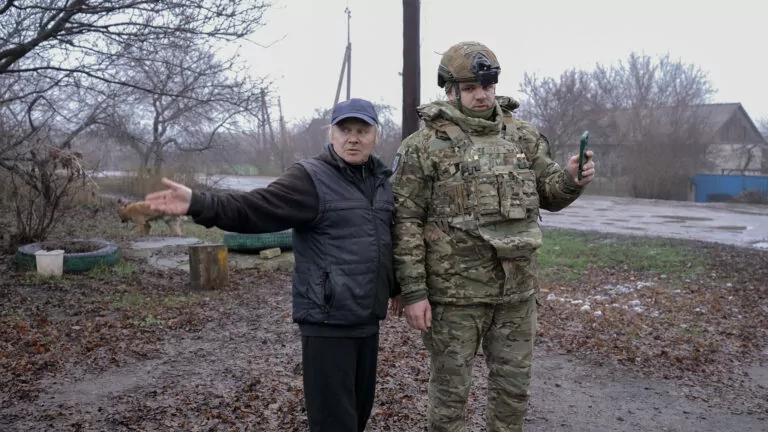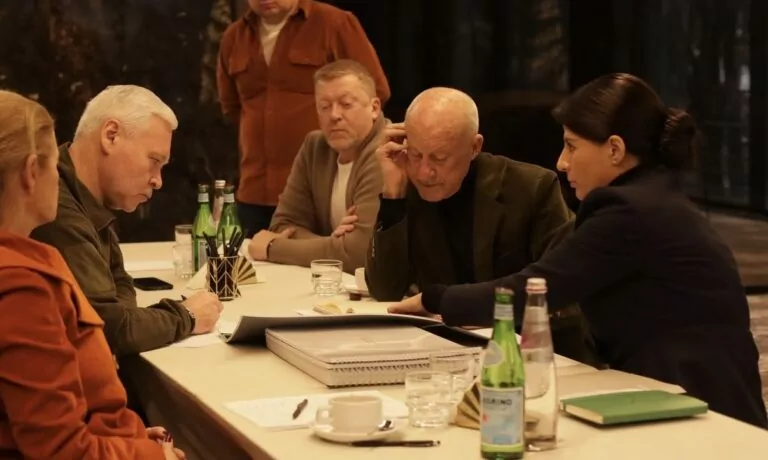July 9 — The European Centre for Press and Media Freedom posted a letter of appeal to the Ukraine Recovery Conference (URC) in Rome, signed by 45 Ukrainian and international organizations and media.
They asked for the recovery of Ukrainian media to be included in the broader effort to organize Ukraine’s recovery and condemned the fact that it’s not.
We at Gwara Media, a local media based in Kharkiv that reported on Russia-Ukraine war from Kharkiv, a city Russia constantly bombs in a region Russia tries to occupy are joining in the appeal.
We publish the letter in full below.
Media recovery is not on the agenda? 45 Ukrainian and international organisations and media condemn a blind spot at the Ukraine Recovery Conference in Rome
“On the eve of the fourth edition of the Ukraine Recovery Conference (URC), which will take place in Rome on July 10–11, Ukrainian and international media organisations express concern and disappointment as, once again, URC organisers have decided not to include any dedicated session on the recovery of the Ukrainian media sector in the main program. It is our position that the role of a free, independent, and resilient media sector in Ukraine’s recovery cannot be overstated.
In the last four years, the issue of the recovery of the Ukrainian media sector has never been a key topic of discussion at the URC. After months of intense and sustained advocacy efforts and despite a proposal for a dedicated panel submitted months ago by Reporters Without Borders (RSF) and the Institute of Mass Information (IMI), this issue remains overlooked.
The lack of any dedicated session in the central program on the Ukrainian media sector not only sends a troubling and deeply concerning message, it is a shame. Ukraine is fighting a full-scale information war, whilst dealing with the physical damage that war costs. And, safeguarding press freedom, supporting media long-term sustainability, and rebuilding media infrastructure – especially local and regional ones – must be core components of any serious recovery strategy: it strengthens Ukraine’s capacity to resist propaganda and misinformation, fosters civic trust, and supports the conditions necessary for long-term, sustainable recovery.
We cannot ignore the critical role of Ukrainian media and journalism in promoting transparency, democratic governance, public accountability, and social cohesion – values that are indispensable to any long-term recovery and reconstruction effort. Without attention to these issues, the broader goals of democratic renewal and economic development will remain incomplete and at risk.
Ukrainian independent journalists and media workers continue to work under extreme conditions:
- Daily security threats from Russian shelling and targeted attacks;
- Political pressures and censorship risks;
- A collapsing business model, as advertising revenue has plummeted since 2022.
Despite these challenges, they remain on the frontlines, documenting reconstruction, exposing corruption, fighting disinformation, and keeping the public informed in the midst of war.
According to the IMI, at least 332 Ukrainian media outlets have suspended operations since February 24, 2022, primarily for financial reasons. The situation further deteriorated in 2025 with the announcement of the end of USAID’s media support, putting the sector in even greater peril.
Whilst Ukrainian media continue to show resilience, professionalism, and determination, this is not enough. Sustainable, long-term international support is urgently needed, and wholly possible. It is time for the Ukraine Recovery Conference – and its organisers, Ukrainian and Italian authorities, alongside the broader international community – to acknowledge a simple truth: media must be part of the recovery conversation.
Not excluded. Not at the sidelines. At the center.”





